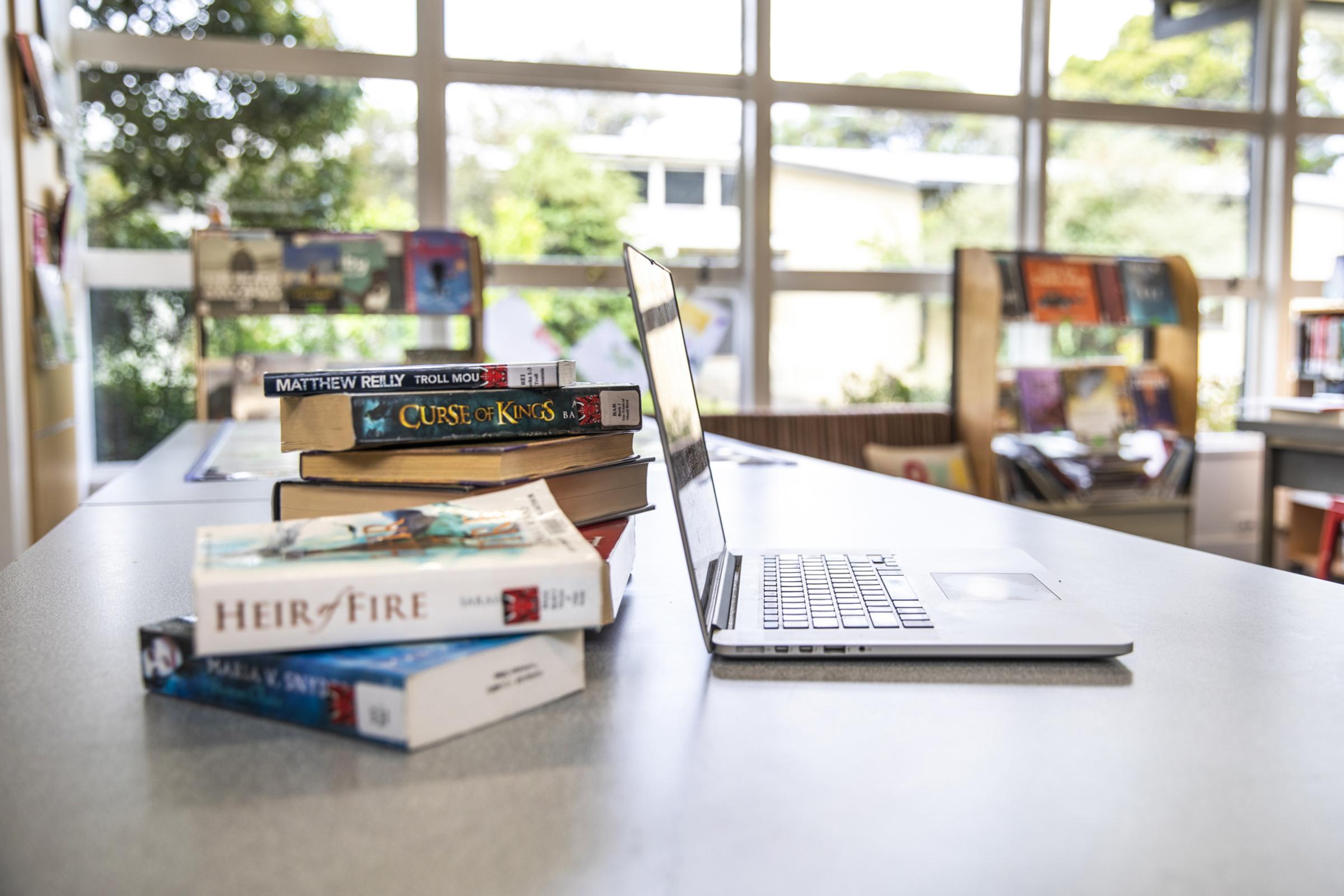Teaching and Learning
Acting Assistant Principal - Amanda Jacobs

Teaching and Learning
Acting Assistant Principal - Amanda Jacobs
Effective communication and academic success rely on a good vocabulary. Research consistently highlights how a well-developed vocabulary plays a pivotal role in our students' reading comprehension, critical thinking, and overall cognitive growth during their time in secondary school and ultimately, their ability to perform well in their Year 12 Exams.
Our priority this year is to strengthen students' ability to comprehend, respond to and proficiently use high-use academic vocabulary found in many subject areas, assessment tasks and VCAA exams. All Domains will employ multiple strategies in the targeted teaching of subject-specific vocabulary in the classroom from Year 7 to Year 12.
As students approach Year 12, their academic journey culminates in high-stakes assessments. Teaching Tier 2 vocabulary influences their performance by enhancing their reading comprehension. Proficiency in Tier 2 vocabulary enhances their ability to grasp complex texts, interpret questions, and articulate responses. The nuanced vocabulary allows students to express their ideas precisely and persuasively in essay writing tasks.
What is Tiered Vocabulary?




Study that you should encourage your child to undertake if they have no homework could include:
If you catch your child discussing McDonalds burgers, Taylor Swift, or the demand for Mangoes, it’s possible that they aren’t just talking about their weekend but are instead referencing their learning from the Year 8 Humanities class! Whilst exploring Economic systems, our students have also been making real world connections by considering businesses and brands they interact with regularly. From critically considering the impact of marketing on demand and supply, to learning about the gig economy in Australia, our Year 8's have been encouraged to extend their thinking as they explore key economic principles. Within our program, we strive to enable our students to be active content creators, not merely content consumers. It is fitting that our humanities students are now embarking on the construction of a marketing and advertising campaign. We hope to share these with our community later in the term.
In Maths, our Year 8 SEAL students have been learning how to solve linear equations with Ms. Suckling. There has been a strong focus on using abstract thinking, specifically focusing on solving simultaneous equations and exponential equations.
Meanwhile, over in our Year 7 SEAL Science classroom, students have been learning about Mixtures and Matters with Ms. Scharer. It’s been wonderful to watch student's curiosity piqued as they discuss and explore soluble and insoluble mixtures. Students are also deepening their skills and knowledge as they research an Australian Scientist.
Finally in the Year 9 SEAL English classroom, students have delved into Gothic Fiction, Mystery, and Science Fiction, exploring the tropes associated with these genres. They’ve explored Edgar Allen Poe’s short form works, Arthur Conan’s Doyle’s classic 'Sherlock Holmes' stories and Ray Bradbury’s sci-fi text ‘There will come soft rains.’ The Year 9 cohort have engaged in discussion, worked collaboratively to generate their own creative ideas, and engaged in analysis of these texts.
A key principle within our gifted education programme is co-constructed curriculum. This goes further than offering students choice and voice in their learning; it means that teachers and students work together on the ways in which curriculum is delivered and assessed. In preparing for their upcoming creative writing assessment, students have been co-constructors of the rubric that will be used for marking their ALT. The starting point was asking students what skills they felt they’d learnt, and how they could show evidence of that learning in their work. There was robust discussion over word counts, a contemplation of the weighting of criteria, and interesting conversations about 'what creativity looks like.' Students shared their ideas on the whiteboard and a rubric was created as a potential offering. This was then adjusted and edited to reflect the agreed expectations. Enabling students autonomy, particularly in how they can demonstrate the skills they’ve acquired over the course of a topic, has been found to increase engagement and facilitates deeper task understanding. Students shared their thoughts of this experience:
Recently, our class took a collaborative approach to learning assessments by participating in discussions about our success criteria. It was good for us as students, to negotiate aspects such as word count and assessment expectations, allowing us to contribute our personal preferences. Personally, I've enjoyed this approach as it boosts my confidence and helps me produce better work when I have a say in what is expected of me.
- Juliette, Year 9
Co-constructing our rubric for our creative writing ALT was a great experience. It was very interesting to experience what teachers go through when creating a rubric, and what the assessing procedure is from the other side of the process. I believe that this will also improve my results, due to my increased knowledge of the assessment criteria. Overall, this was an interesting and informative task and I hope we will do this more into the future.
- Edward, Year 9
I think the class having a say on the marks is a good thing as it gives the students more voice and input which is almost always good. While we did take a second to collectively decide on the marks, the majority of students were happy with the result. I also think the added focus on the marks and where they were allocated helped us plan around the criteria, and harder to miss or forget something that needs to be added.
- Caleb, Year 9
There are some exciting opportunities to complement classroom learning coming up for our high ability students. We will make information about these incursions and excursions available soon.
Laura Washington
Learning Specialist - Academic excellence, SEAL & Academies

